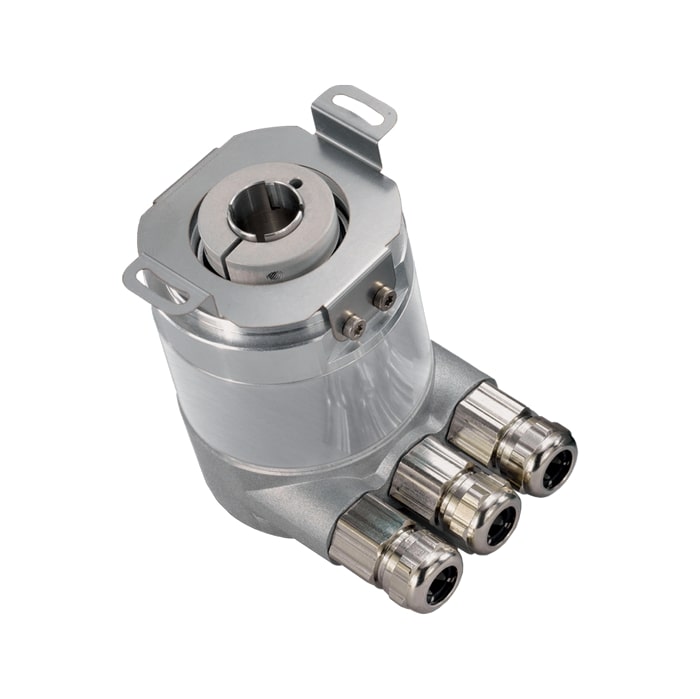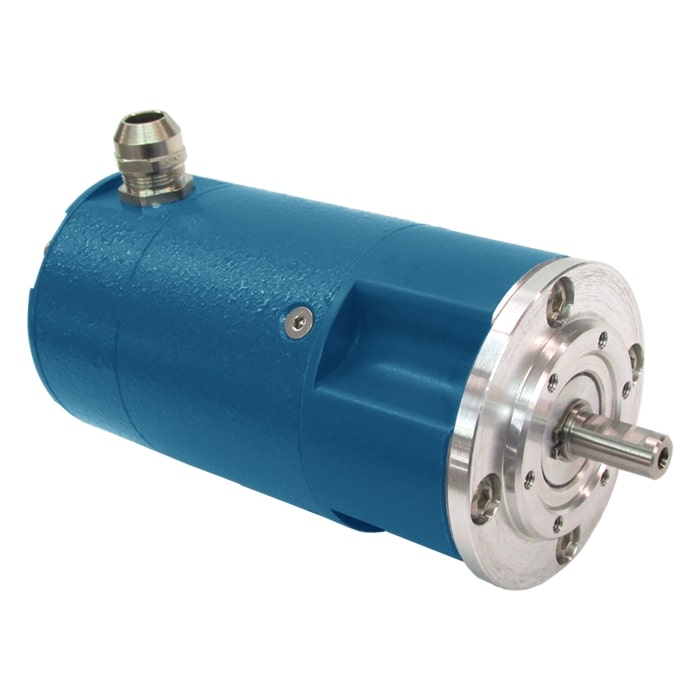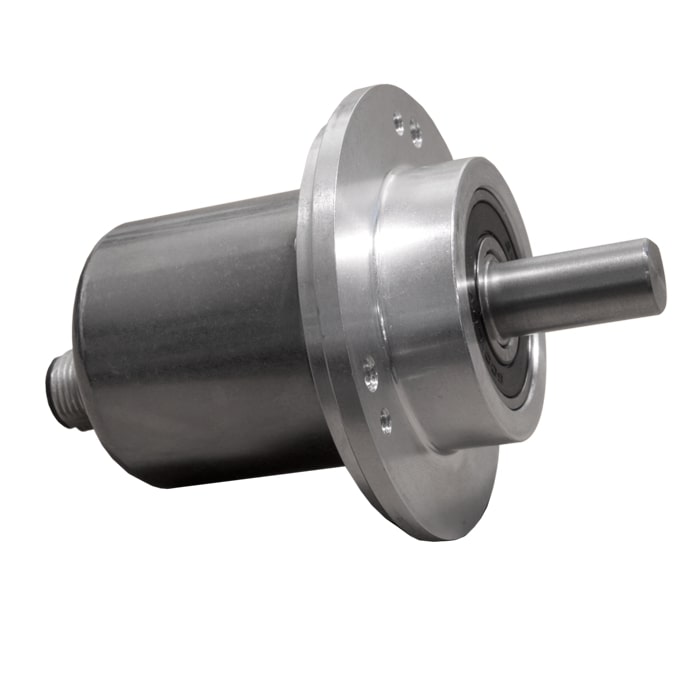ABSOLUTE ENCODERS
What is an Absolute Encoder?
An absolute encoder is a type of rotary encoder that provides absolute position information for the shaft or axis to which it is attached. Unlike incremental encoders that track relative position changes, absolute encoders provide a unique code or digital word that represents the absolute position of the encoder at any given moment.

How does an Absolute Encoder work?
An absolute encoder works by dividing a full rotation into a large number of discrete positions or “bits.” Each position corresponds to a unique binary code which is read by the encoder’s sensor and transmitted to a digital interface. The number of bits in an absolute encoder determines the resolution and precision of the position measurement.
There are two types of absolute encoders: single-turn and multi-turn. A single-turn absolute encoder measures position within a single rotation, while a multi-turn encoder measures position or distance by tracking the number of full rotations as well as the position within each rotation. This allows multi-turn encoders to provide absolute position information over a much larger range of motion.
Absolute Encoder Uses & Applications
Absolute encoders Incremental Encoder Uses & Applications are commonly used in applications that require high accuracy and precision, such as robotics, cranes & hoists, stamping machines, and industrial automation in general. Their advantages over incremental encoders include immunity to position loss due to power interruptions or mechanical slippage and the ability to provide immediate position feedback upon power-up.
Looking for a custom solutions?
Do you need custom modifications for your application?
Use the Contact Us form below to tell us what you need.
Contact us

